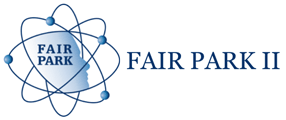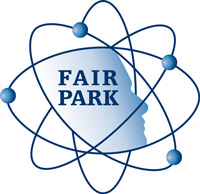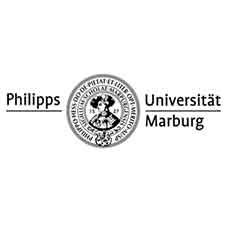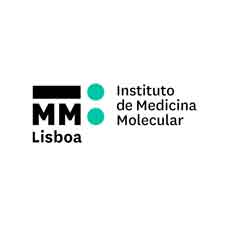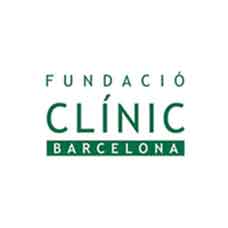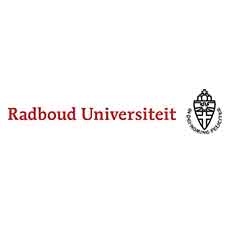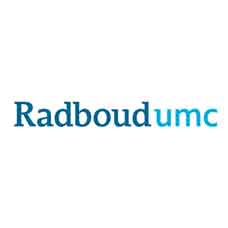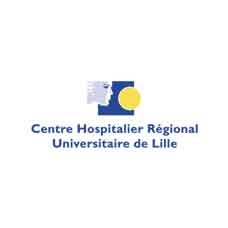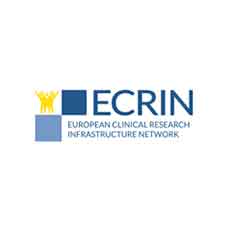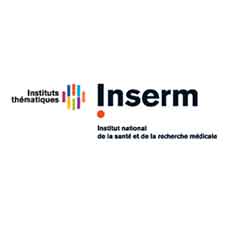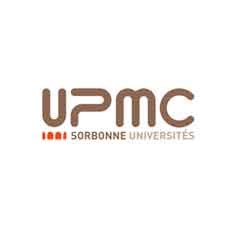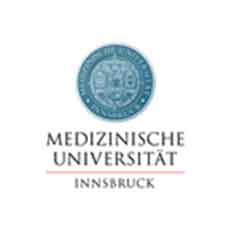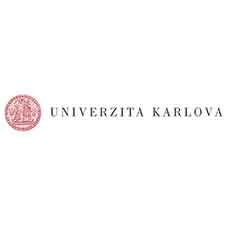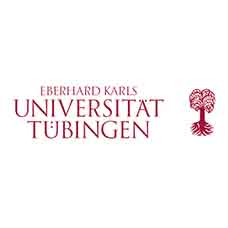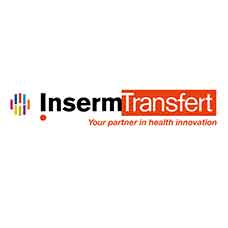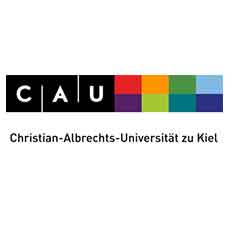A number of previous studies already suggest that deferiprone (DFP), as a conservative iron chelation approach, might give some benefits in Parkinson's Disease.
Our previous preclinical, translational and pilot clinical studies (Devos et al, 2014) have demonstrated the following about iron chelation with DFP:
- induced greater neuroprotection in cell models (dopaminergic neurons: LHUMES model, patients’ lymphocytes) than deferoxamine (used as a reference iron chelator) through a powerful antioxidant effect.
- reduced regional siderosis of the brain and the motor handicap in the 1-methyl-4-phenyl-1,2,3,6-tetrahydropyridine (MPTP) neurotoxin mouse model.
- reduced regional siderosis of the brain in PD patients.
- reduced motor handicap of PD patients (possibly through central and peripheral inhibition of catechol-O-methyl transferase (ICOMT))in a double-blind, placebo-controlled study in 40 patients.
- slowed the progression of motor handicap in a pilot study in early-stage PD patients (thus suggesting a disease-modifying effect) in a double-blind, placebo-controlled study in 40 patients with a delayed start paradigm.
- had a good safety profile, although weekly blood counts are required during the first six months to detect the (reversible) neutropenia that typically occurs in 2-3% of treated patients.
Interestingly, these clinical results were recently supported by another independent pilot study on 18 PD patients, which showed a reduction in brain iron overload and a better clinical effect for DFP at 30 mg/kg/day than for placebo and DFP at 20 mg/kg/day (Dexter et al., publication in progress).
Thus, the two pilot studies have been used to calculate the required sample size to lead our project based upon a large randomised clinical trial to demonstrate this new therapeutic concept.
